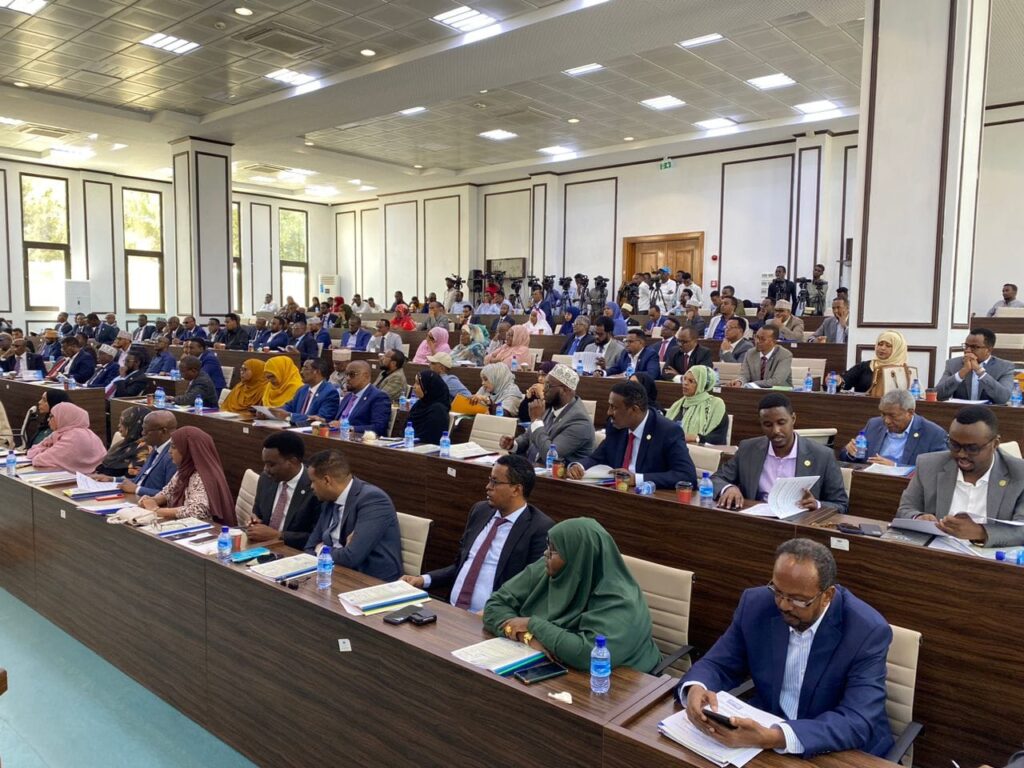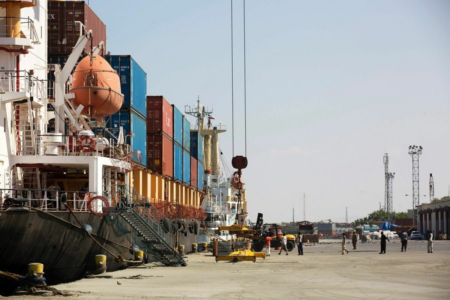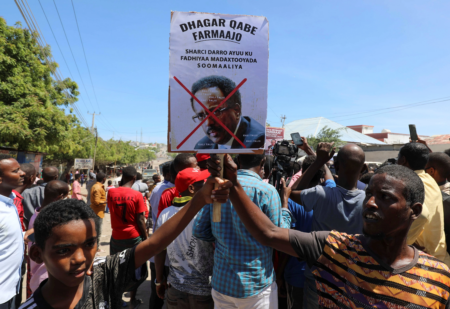Somali Federal Parliament faced another setback this week.
The scheduled parliamentary session on Wednesday was officially canceled.
Due to the failure to meet the legal quorum required for holding legislative meetings.
The ongoing disruption reflects deeper tensions within the House of the People (Lower House), underscoring growing political instability and internal power struggles among Somalia’s lawmakers.
Why the Somali Federal Parliament Session Was Canceled?
The speaker of the House of the People, Sheikh Adan Mohamed Nur “Madobe,” expressed strong disapproval over the repeated absenteeism of Members of Parliament (MPs).
He warned that continued dereliction of duty could lead to disciplinary action.
According to the parliamentary rules of procedure, a minimum number of lawmakers must be present for any session to be constitutionally valid.
However, the session was suspended after this threshold was not met.
In a strongly worded statement, Speaker Madobe called on MPs to fulfill their national responsibilities and to participate actively in upcoming sessions.
He emphasized that consistent failure to attend parliamentary proceedings not only violates the house’s internal regulations but also delays critical legislative processes that impact the nation’s governance and security.
Underlying Political Turmoil in the Somali Federal Parliament
This canceled session comes on the heels of rising political tensions inside the House.
A faction of MPs has recently threatened to introduce a no-confidence motion against Speaker Madobe, accusing him of violating both the Somali constitution and parliamentary regulations.
The alleged breaches, although not detailed publicly, have sparked sharp divisions within the legislature.
The mounting discord highlights the fragile political environment in Somalia.
Where power-sharing arrangements and alliances often shift rapidly, fueled by clan dynamics and competing interests among federal institutions.
Read Also:
What is the US Army Doing at Baledogle Military Airfield?
UAE Radar Installation in Bosaso: Puntland BOLD Statement
Concerns Over Legislative Stalemates and National Impact
The delay in parliamentary functions could have far-reaching implications for the Somali government’s ability to pass crucial bills, approve security strategies, and advance key reforms.
The country is in a delicate transition phase as it prepares for future elections, implements federalization plans, and continues its battle against the al-Shabaab militant group.
Disruption in the parliament could stall the approval of necessary funding for the military, the endorsement of national policies, or the implementation of agreements with international partners.
Civil society organizations and political analysts have warned that continued political infighting threatens to erode public trust in government institutions at a time when national unity is most needed.
Speaker Urges Discipline and Unity Among Lawmakers
Speaker Madobe urged parliamentarians to rise above personal grievances and prioritize national interest over individual or factional agendas.
He reiterated that the parliament plays a vital role in the democratic governance of Somalia and cannot afford frequent delays due to non-compliance with internal regulations.
“The Somali people expect responsibility, not excuses,” Madobe stated, calling for unity and renewed commitment among legislators.
The cancellation of Somali Federal Parliament session over quorum issues reveals deeper political fractures that could hinder legislative effectiveness and national governance.
As calls for accountability grow louder within the House of the People, all eyes remain on how Somalia’s political leadership will navigate the current tensions and restore stability to its legislative body.








